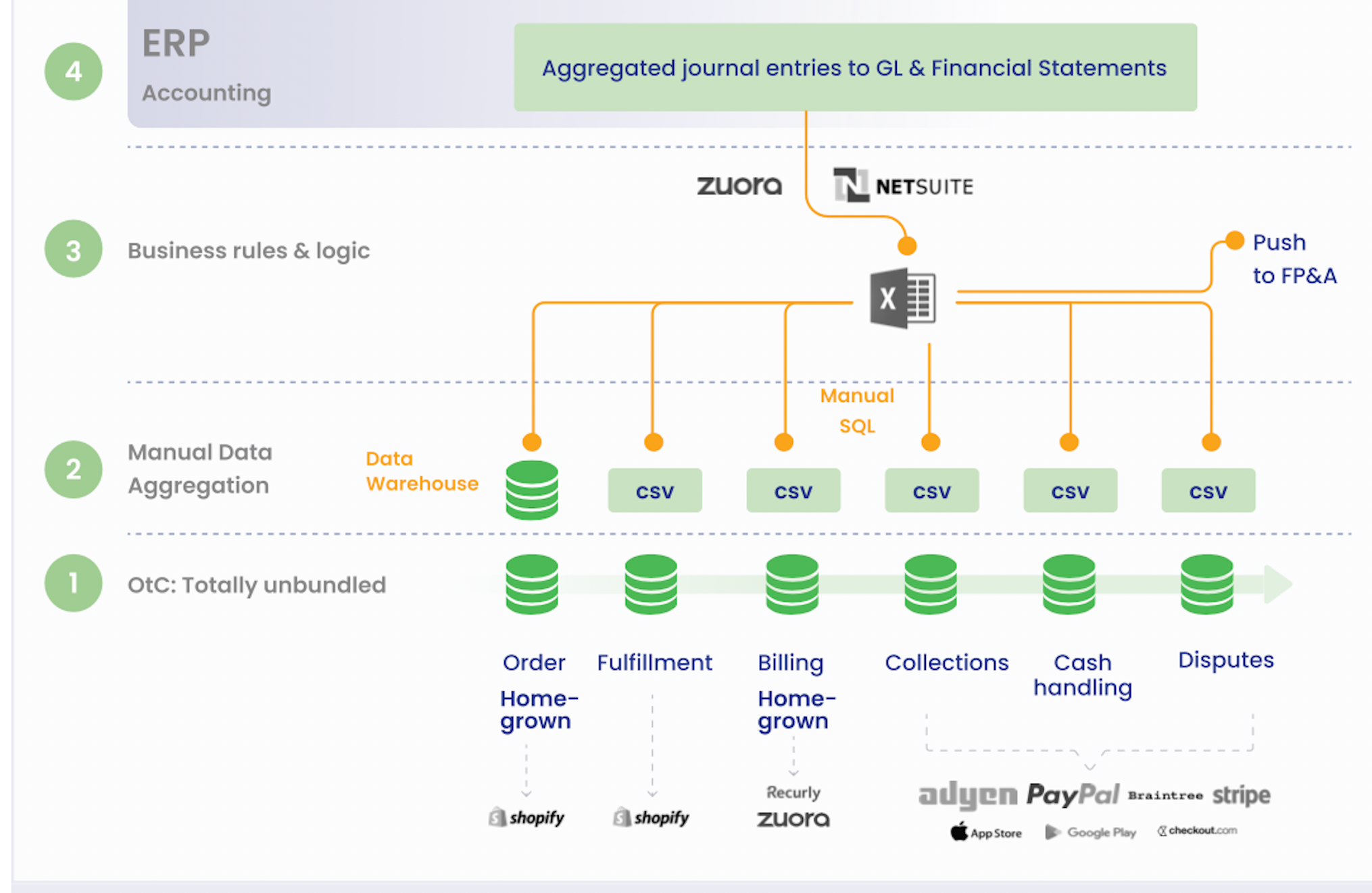
Top Options Of ecommerce bookkeeping software
 Sign up for our 14-day trial to automate your bookkeeping, unify your e-commerce data, and accelerate your store’s growth by making informed choices. Although checking account reconciliation can (and should) be automated, you do need to manually review the data from time to time. This ensures there aren't any discrepancies and every little thing traces up correctly. First and foremost, a bookkeeping software program is an absolute must for eCommerce companies.
Sign up for our 14-day trial to automate your bookkeeping, unify your e-commerce data, and accelerate your store’s growth by making informed choices. Although checking account reconciliation can (and should) be automated, you do need to manually review the data from time to time. This ensures there aren't any discrepancies and every little thing traces up correctly. First and foremost, a bookkeeping software program is an absolute must for eCommerce companies.
How do you do on-line bookkeeping?
Connect remotely to your client's pc to stability the books, similar to if you worked on-site. Work through an online cloud-based bookkeeping software (such as QuickBooks Online or Xero) with your personal secure login. Use the identical desktop software you're used to, but accessed via a hosted digital desktop.
Your accountant should have vital expertise in the ecommerce trade and understand its distinctive monetary challenges, like gross sales tax compliance and world transactions. This software ought to be capable of combine along with your ecommerce platform, observe all transactions in real-time, handle sales tax across completely different jurisdictions, and provide insightful financial reviews. However, ecommerce accounting requires a more dynamic chart of accounts to effectively categorize the wide range of transactions unique to online gross sales. This consists of categorizing digital transactions, world sales, numerous fee gateways, and online marketing expenses.
Accrual accounting is a more complicated accounting methodology that information financial transactions once they occur, regardless of when cash is acquired or paid out. Under accrual accounting, income is acknowledged when earned, and bills are recorded when incurred. This technique considers accounts receivable and payable, making it extra correct and complicated than Cash Flow Tracking for Online Retailers-based accounting.
Why Ibn Tech For Ecommerce Bookkeeping?
You need to know how much inventory you have at any given time to avoid shortages. Tracking inventory also helps businesses establish best-selling products in order that they know which merchandise to take a position more cash in. You can think of e commerce bookkeeping as the first stage in the entire eCommerce accounting process.
Many of those accounting software program offers navigation buyer assist too, which is useful when you’re coping with bookkeeping by yourself. They permit you to smooth out processes relating to gathering receipts, inventory ranges administration, processing fees, tax deductions, and e-invoicing funds. Unlike traditional bookkeeping strategies, ecommerce bookkeeping focuses specifically on the distinctive challenges faced by online companies. These can include managing a number of gross sales channels, monitoring digital funds and refunds, monitoring stock levels throughout numerous platforms, and analyzing buyer habits knowledge.
QuickBooks Online Plus has all of the features online retailers must handle their enterprise wherever, from any gadget. Start your free trial right now or benefit from our newest reductions when you buy now. The cash circulate assertion might be the most important doc for any type of bookkeeping. Rent, inventory, upkeep, income stream, and taxes are all on this assertion.
Inventory Management
Consider an online accounting software that identifies, tracks, and categorizes these fees as working expenses or Cost of Goods Sold (COGS). A frequent mistake among online sellers is misinterpreting e-commerce fees and overestimating profits, leading to inaccurate cash move estimates. In our humble opinion, Link My Books is the best bookkeeping answer for eCommerce entrepreneurs. Our software program is easy to make use of, cost environment friendly, and incredibly accurate. Link My Books lets you put your bookkeeping on autopilot by sending real-time knowledge out of your eCommerce store over to your Xero or QuickBooks account, with no intervention from you.
Returns and chargebacks are two unlucky kinds of transactions that ecommerce entrepreneurs need to take care of. If you don’t enter and categorize them appropriately, you can quickly discover your balance sheets out of whack. So, as quickly as a vendor invoices you, you document the invoice as an expense—even if it hasn’t left your account but.
Without an accountant or a devoted bookkeeping program, managing records is a challenging task. Fortunately, platforms like FreshBooks offer spectacular bookkeeping providers. You can keep your cash flow statements and stability sheets all in one place. In addition to tax management, an eCommerce accountant is pivotal in maintaining meticulous bookkeeping. This entails accurately recording financial transactions, managing accounts payable and accounts receivable, and ensuring the integrity of economic data. Their position extends to implementing and overseeing accounting methods that may seamlessly combine with numerous eCommerce platforms and payment processors, such as Stripe and PayPal.
Bookkeeping entails systematically and comprehensively recording and organizing financial transactions, corresponding to sales, purchases, and bills. For ecommerce companies with international clients, dealing with a quantity of currencies is a typical incidence. Bookkeepers must manage forex conversion, monitor exchange charges, and account for any features or losses as a end result of fluctuations in foreign money worth. The best approach to handle inventory for ecommerce accounting is by utilizing a real-time stock administration system that integrates with your accounting software program. As a starting point for ecommerce accounting spreadsheets offer a well-known and accessible tool. Spreadsheets, like Google Sheets or Microsoft Excel, are versatile and can be customized to trace varied monetary knowledge pertinent to an ecommerce business.


Reviews